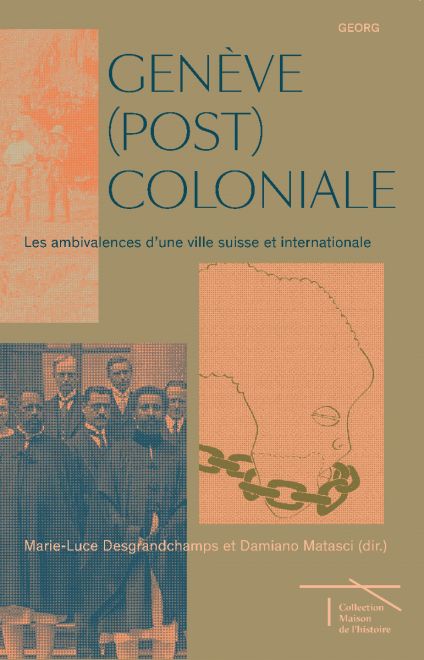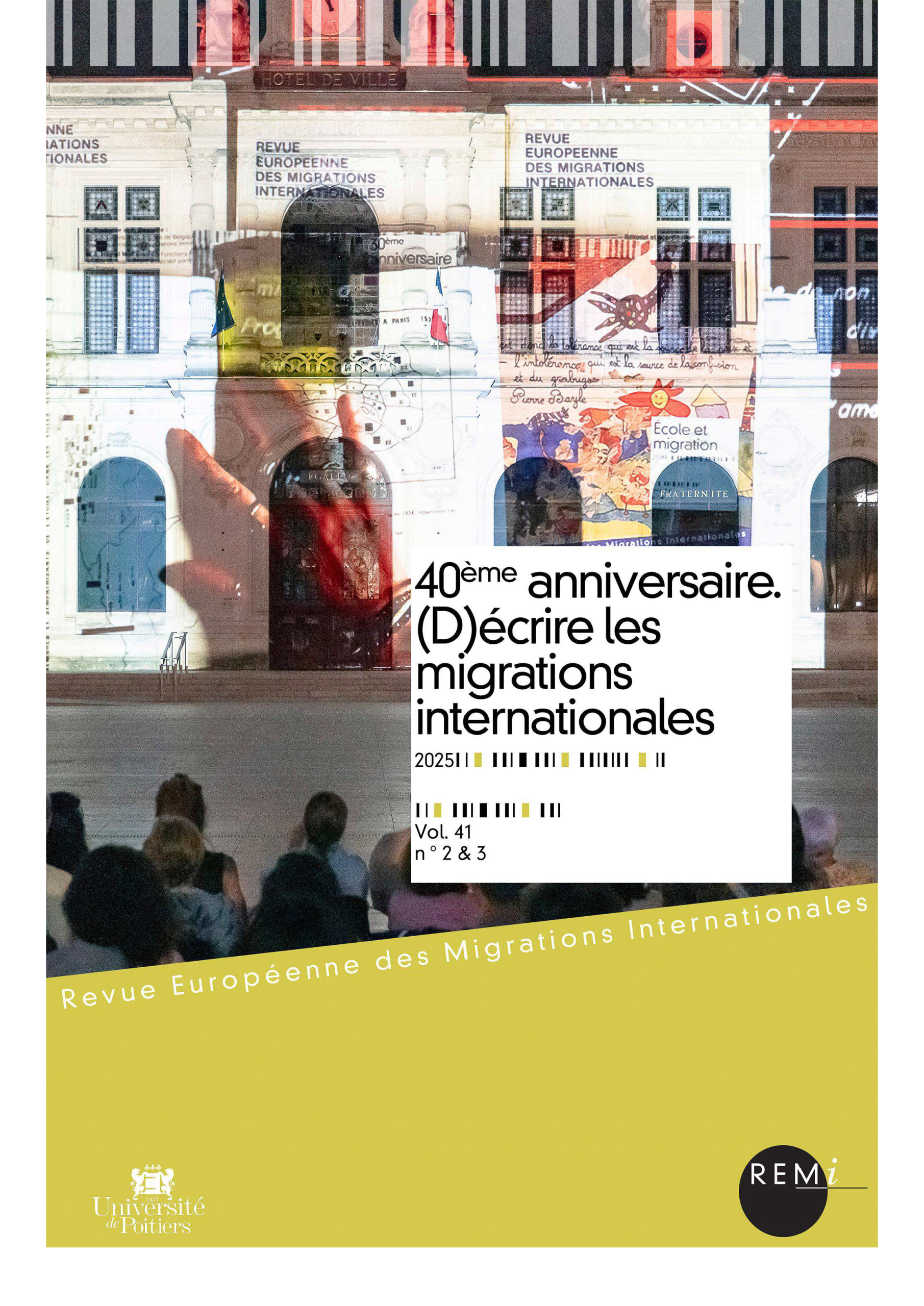
Le MMSH thesis prize 2024 was awarded to Lucas Faure for his thesis in political science entitled "Governing social issues through religion: Muslim humanitarian NGOs in France"!
To celebrate this announcement, a ceremony will be held on Monday 20 January 2025, 3.30pm. It will be followed by a tasting of the galette des rois in the conviviality room of building C of the MMSH.

Summary of the thesis:
Originating in the UK, Muslim NGOs first appeared in France in the 1990s. Secours islamique France, Human Appeal, Muslim Hands, Ummah Charity, Syria Charity, Au Cœur de la Précarité and LIFE are just some of the emblematic associations. Since the 2010s, Muslim humanitarian NGOs have emerged as the most dynamic players in the field of Islamic associations, to the point where some have become long-term partners of the public authorities. Operating in major French cities, they are part of local solidarity networks, carrying out a range of activities (food distribution, outreach work, emergency accommodation, educational support, administrative assistance, etc.), while also running humanitarian programmes abroad. These associations also develop advocacy initiatives, speak out on political and media issues, and even denounce North/South relations of domination or social inequalities in France.
Through its socio-historical and ethnographic approach, this thesis sheds new light on Islamic humanitarian aid in France, in a secularised, minority and competitive environment marked by state interventionism. Contrary to the republican rhetoric which stigmatises denominationalism, the State delegates to Muslim NGOs a particularist management of Muslim publics. Recognition in the name of denominational usefulness is countered by denominational stigmatisation, which places Muslim humanitarian NGOs in a relationship of useful subordination to the State. A paradoxical injunction is therefore addressed to Muslims, who have to be "Muslim but not too Muslim". The paradox of the stigmatisation of associative actors, who are nonetheless essential to the government of social affairs by the religious, is thus at the heart of the study.
Share on
Read also


